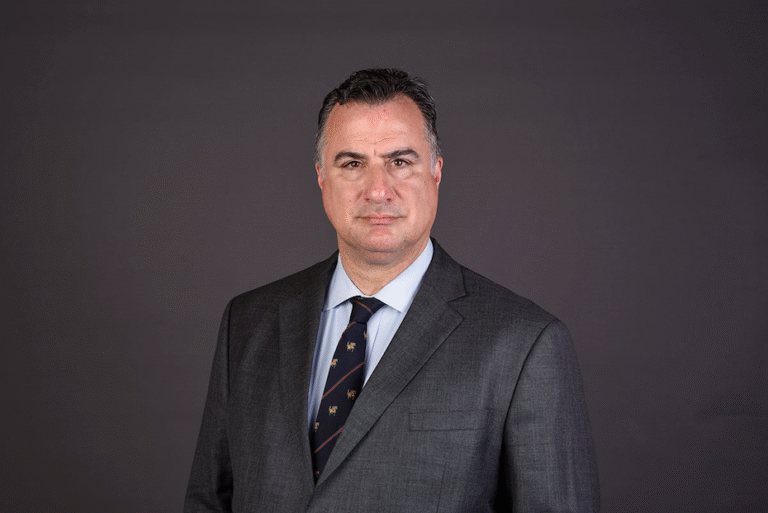The Middle East is entering a defining moment in its economic history. By 2030, an estimated $1tn in GCC-controlled wealth will be passed from one generation to the next. Yet, this transition is not only about transferring capital. It represents a shift in how families across the region think about prosperity, purpose, and legacy.
In my work with families across the Gulf, I have seen how this generational shift is reshaping the very meaning of wealth. The next generation is proud of what their parents and grandparents built, but they also want to take that foundation further. While earlier generations often focused on preserving what they had created, today’s successors are looking to grow, diversify, and give back. They see wealth as a platform for progress and value creation, not just protection.
This new mindset is changing the way family enterprises and family offices operate. Many younger family members are stepping into leadership roles, while others are launching ventures of their own. Our joint survey with the Tharawat Family Business Forum found that while nearly 60 per cent of next-generation members plan to join their family enterprises, two-thirds aim to start ventures of their own, often within the broader context of their family business. The result is a delicate but healthy balance between continuity and innovation.
Families are moving away from rigid hierarchies and towards structures that value merit, communication, and shared decision-making. These changes are not simply administrative; they are cultural, redefining what collaboration means within multigenerational families.
Wealth planning extends far beyond technical solutions
As these dynamics evolve, so does the role of the wealth planner. Wealth planning today extends far beyond technical solutions. Setting up trusts, foundations, and holding structures remains important, but they must now align closely with a family’s long-term vision and values. My role often involves helping families translate their beliefs and priorities into practical governance frameworks.
When families understand both the structure and the spirit behind their plans, they build trust that lasts well beyond a single generation.
Faith and innovation also play a growing part in this transformation. Many families are exploring Shariah-compliant structures that integrate regional traditions with global best practices. The demand for these solutions continues to grow, offering families the confidence that their wealth is managed in a way that reflects both faith and foresight.
At the same time, technology has become a central tool in modern wealth management. Digital platforms allow families to monitor assets, streamline reporting, and participate more actively in governance, encouraging transparency and accountability at every level.
Equally important is the way families are redefining their role in society. Philanthropy has always been a core part of life in the Middle East, but it is becoming increasingly strategic. The younger generation focuses less on charity for its own sake and more on measurable, long-term impact.
Many families are aligning their giving with national goals such as Saudi Arabia’s Vision 2030, investing in areas like education, sustainability, and community development. This shift reflects a broader understanding of wealth as a responsibility to create lasting value beyond financial success.
At LGT, we relate deeply to this approach having managed wealth across 26 generations. That experience has taught us that continuity depends not just on financial structures, but on shared values, open communication, and a long-term perspective.
The coming decade will be one of profound change
Families across the Middle East are not only preparing for a transfer of wealth, but for a redefinition of what it means to leave a legacy. Success will depend on how effectively today’s leaders engage the next generation, share their vision, and encourage stewardship built on trust and understanding.
In the end, wealth is not only measured in what is passed down, but in how it is understood. When families take the time to communicate their values, they give future generations more than prosperity, they give them purpose.
The writer is a senior wealth planner at LGT Middle East.

